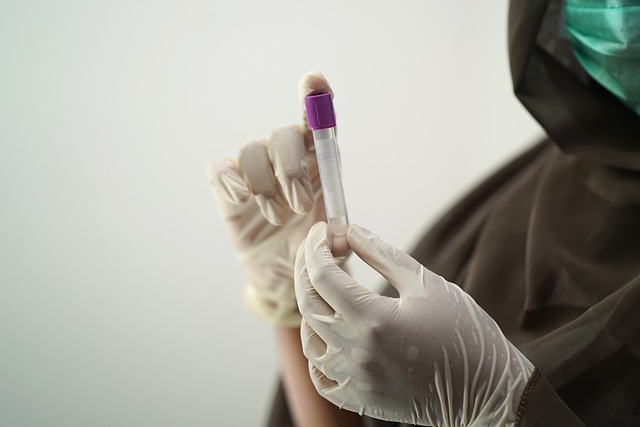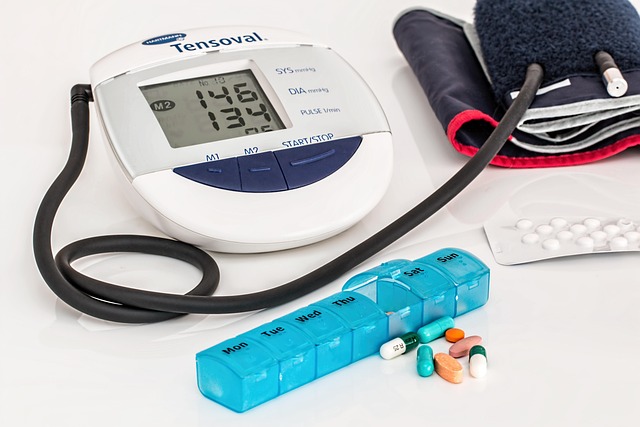The field of healthcare is witnessing a transformative wave, driven by the integration of artificial intelligence (AI) and advanced diagnostic algorithms. As the demand for efficient, accurate, and personalized medicine continues to grow, these tools have emerged as pivotal players in the modern healthcare landscape.
At the heart of this revolution lies the diagnostic algorithm, a sophisticated set of rules and statistical methods that enable machines to interpret complex medical data. Through the analysis of vast datasets, these algorithms identify patterns and correlations that human practitioners may overlook. As a result, they empower physicians to make more informed decisions, leading to faster diagnoses and tailored treatment plans.
Technological innovations in AI are reshaping not only how diagnoses are made but also how treatments are administered. Machine learning models, a subset of AI, continuously learn from new data, enhancing their accuracy over time. For instance, AI-driven algorithms have shown remarkable promise in fields such as oncology, where they can analyze medical imaging and predict cancerous lesions with unparalleled precision. This capability not only saves lives but also alleviates the stress on healthcare systems overwhelmed by the sheer volume of patients.
Health innovations manifest through the application of these algorithms in real-world settings. Consider the rapid diagnosis of infectious diseases like COVID-19. Diagnostic algorithms have facilitated prompt testing and contact tracing, essential components in managing public health crises. The incredible speed at which these tools can process information underscores their critical role in protecting communities and improving health outcomes.
Moreover, the rise of telemedicine, augmented by AI diagnostic tools, is breaking down barriers to healthcare access. Patients in remote or underserved areas can receive expert consultations and accurate diagnoses from the comfort of their homes. This innovation not only optimizes healthcare delivery but also enhances patient engagement and satisfaction, creating a healthcare paradigm that is more inclusive and responsive to diverse needs.
However, the journey is not without challenges. Ethical considerations around data privacy, algorithmic bias, and the need for regulatory standards must be navigated carefully as we embrace these advancements. It is essential for the medical community, technologists, and policymakers to collaborate in establishing a framework that fosters innovation while safeguarding patient rights.
As we delve into this new era of healthcare powered by AI and diagnostic algorithms, it becomes increasingly evident that the future holds immense potential. The marriage of technology and medicine is more than just a trend; it is a necessary evolution that promises to redefine patient care, ultimately leading to healthier populations around the globe.
This revolution invites us all to participate actively in shaping the future of healthcare. Understanding and supporting these innovations is crucial as we advocate for systems that prioritize accuracy, accessibility, and empathy in medical care. With each advancement, we move closer to a world where everyone has the opportunity to receive the best possible healthcare, bridging the gap between technology and human touch.




